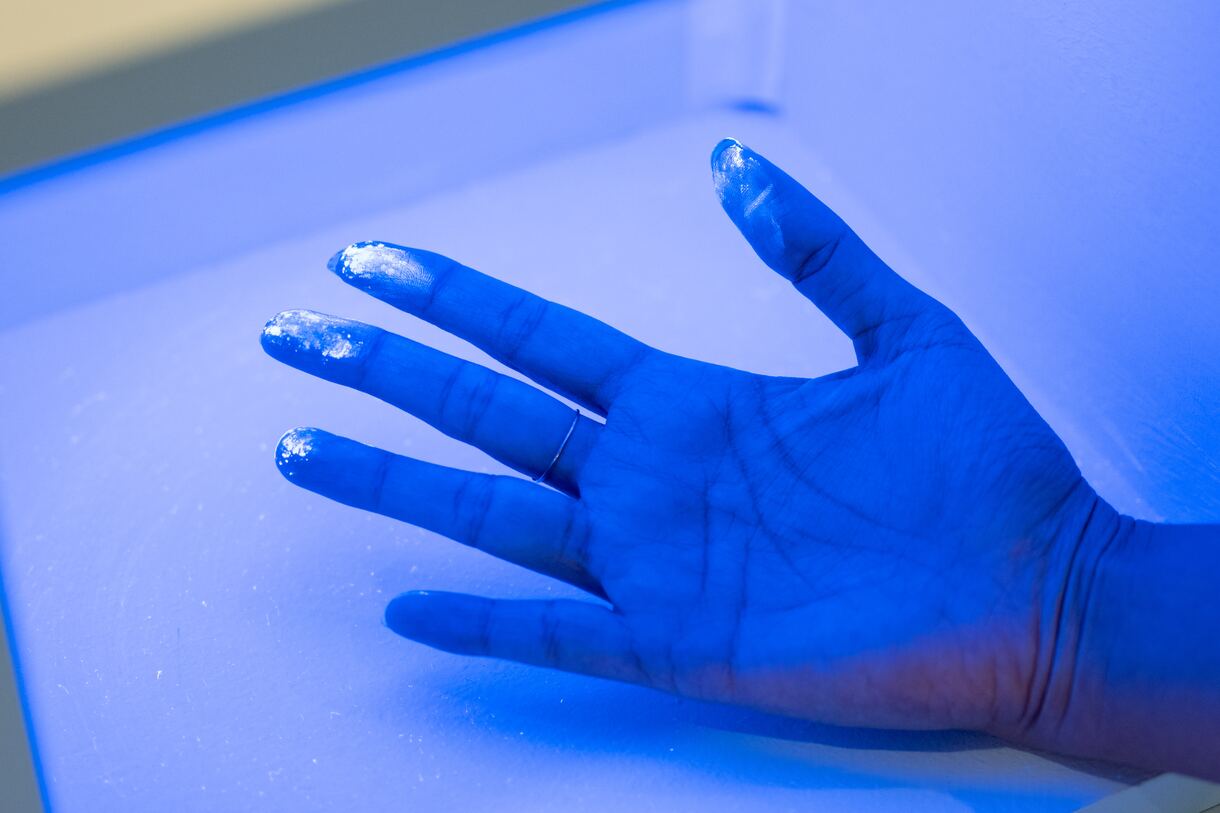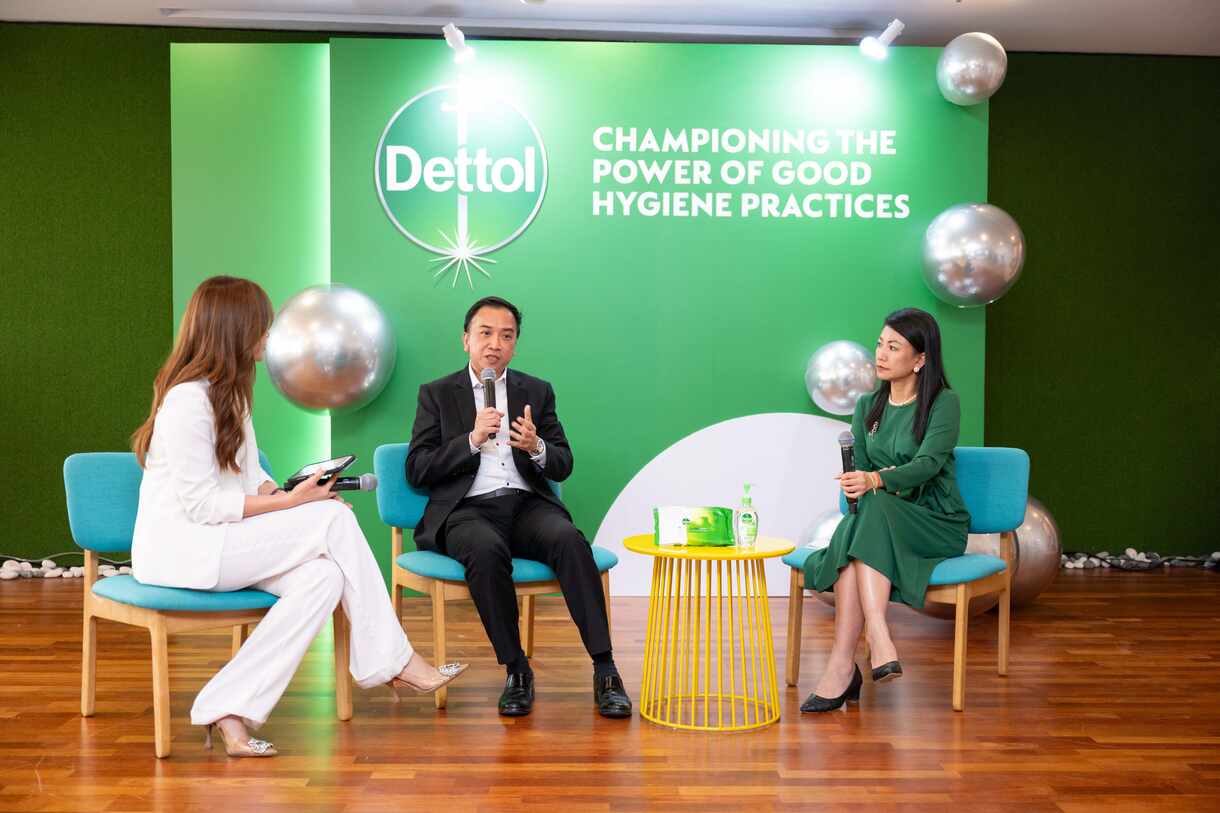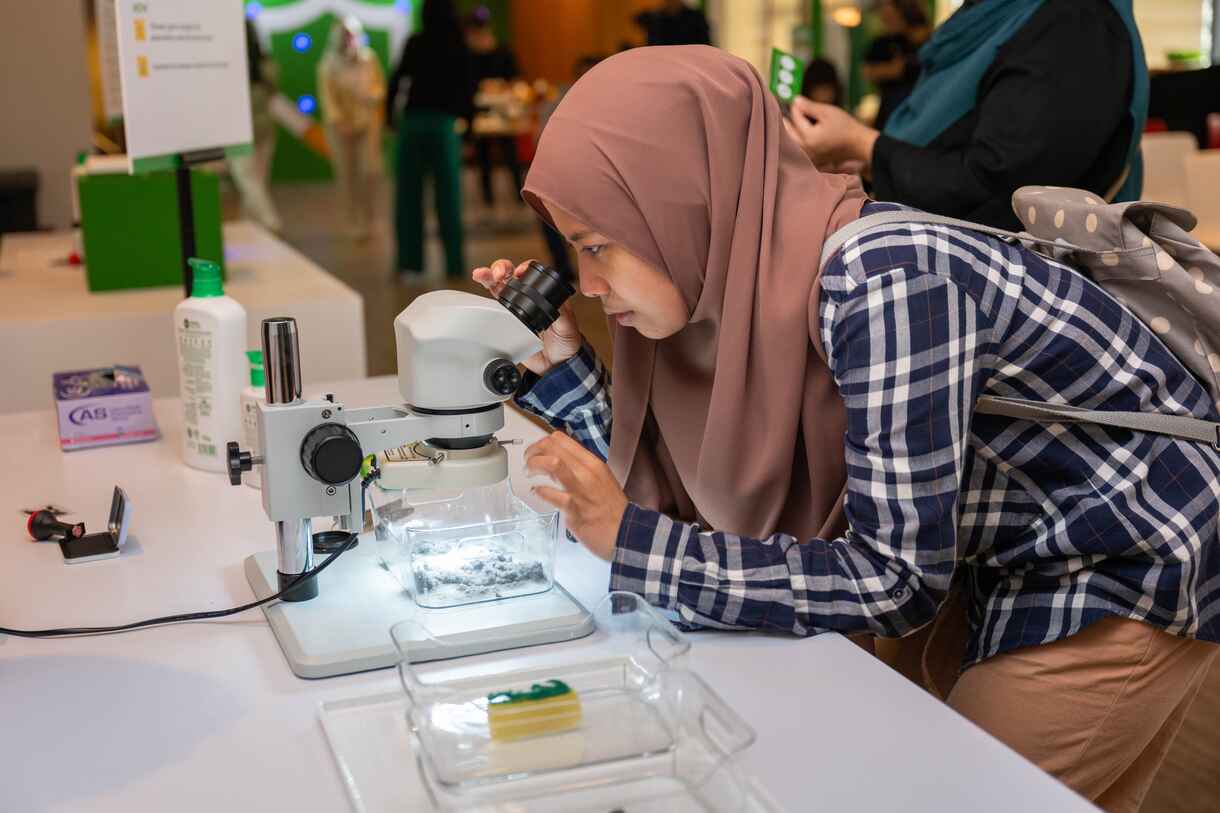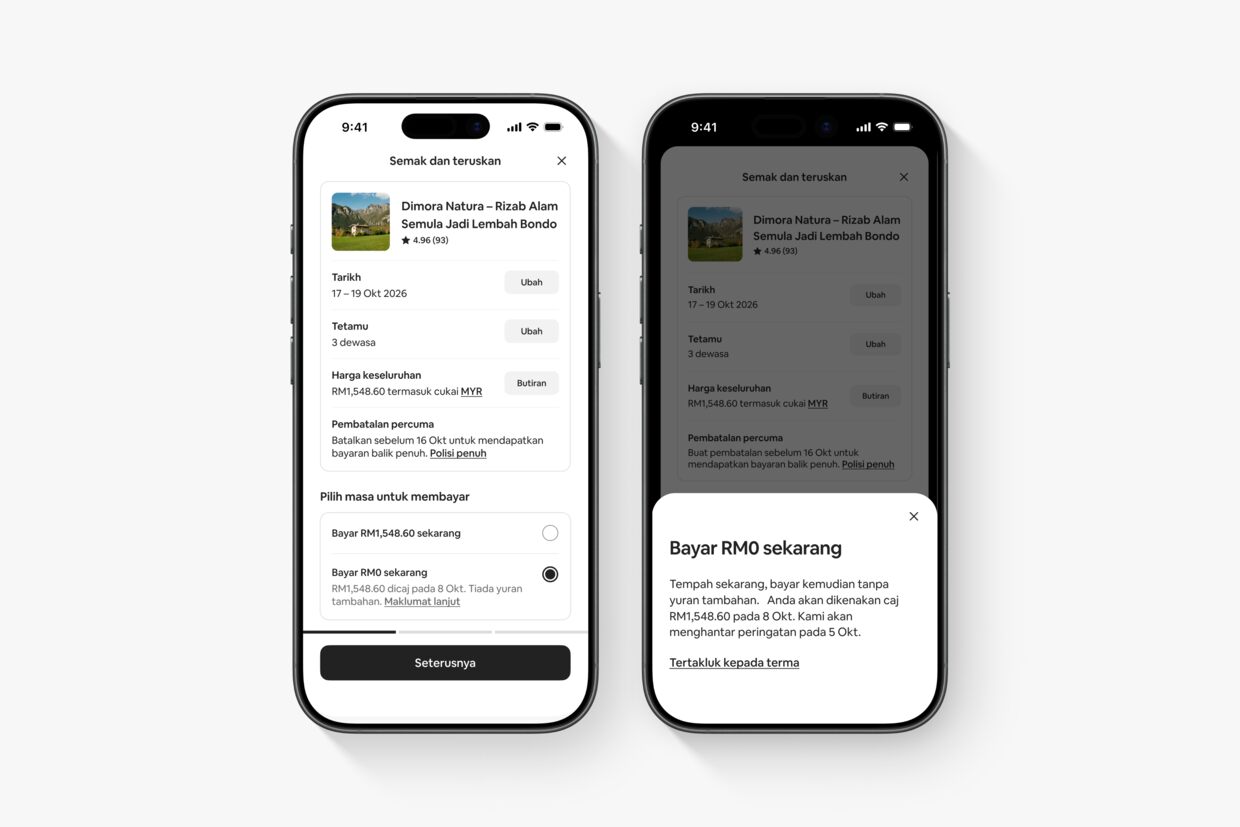As antimicrobial resistance (AMR) rises as a severe public health challenge, a heightened focus on hygiene is essential to curb the spread of infections. This pressing issue, identified by the World Health Organization (WHO) as a “silent pandemic,” poses a significant threat to global health, with potential to claim up to 10 million lives annually by 2050 if left unchecked.
Recognizing the urgency, Dettol Malaysia has launched the Selangkah Lebih Selangkah Kasih campaign, which encourages Malaysians to adopt essential hygiene practices, including regular handwashing and surface disinfection, as a proactive measure against infectious diseases and AMR.

In Malaysia, the overuse and misuse of antibiotics contribute to this growing issue, with the country recording the highest rate of antibiotic prescriptions in Southeast Asia. By promoting alternative preventive strategies, such as enhanced personal and environmental hygiene, this campaign aims to reduce dependency on antibiotics and slow down AMR’s spread.
Simple Steps to Big Impact
Handwashing and surface cleaning are critical, yet straightforward, practices that can significantly reduce the transmission of germs. According to infectious disease expert Professor Dr. Zamberi Sekawi, misconceptions about antibiotics, such as their perceived effectiveness against viruses like the common cold and flu, drive overprescription and misuse. In this context, the importance of good hygiene practices is crucial, as studies reveal that improved hygiene could reduce antibiotic prescriptions for children’s respiratory infections by 30%.

Proper hand hygiene is especially vital, as 80% of germs are spread through hand contact. Hands can carry over 3,000 types of bacteria, and surfaces can harbor viruses for up to 48 hours. The simple act of washing hands with antibacterial soap and regularly disinfecting high-touch areas, such as doorknobs and railings, can prevent the spread of diseases, including COVID-19, influenza, and other seasonal infections.
Targeting Vulnerable Groups
With the monsoon season around the corner, Malaysia’s risk of waterborne diseases like cholera and dysentery is increasing. Overcrowded conditions, particularly in flood shelters, make individuals more vulnerable to respiratory and skin infections. Dettol Malaysia’s Selangkah Lebih Selangkah Kasih campaign has actively reached over five million people, with particular attention to high-risk groups.

This includes outreach programs for new mothers in hospitals and educational activities for school-aged children. By fostering hygiene habits early on and reinforcing them in underserved communities through partnerships with the Ministry of Health, the campaign aims to shield vulnerable populations from infections.
As Malaysia grapples with seasonal diseases and the looming threat of AMR, initiatives that promote hygiene awareness and accessible practices are essential. By embedding these habits into daily life, Malaysia can collectively work toward a healthier future, reducing the reliance on antibiotics and fortifying the nation’s resilience against emerging health threats.











